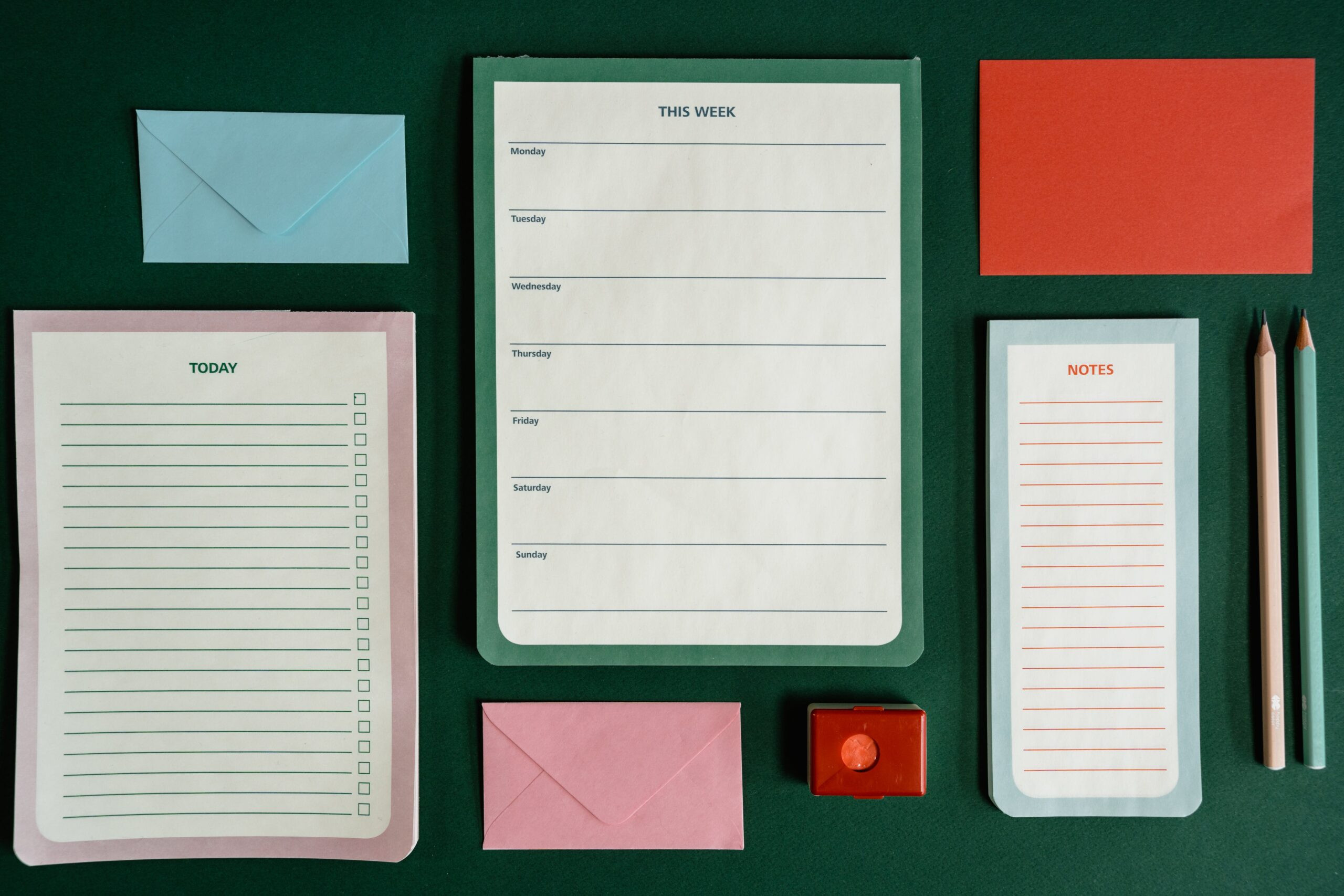Calm in the Storm: Five Tips to Stay Cool in Crisis Communications

Calm in the Storm: Five Tips to Stay Cool in Crisis Communications
By the nature of our jobs, health care public relations agencies are often called on to provide communications counsel and identify how to act during a crisis. We’re also expected to remain calm under pressure. But that isn’t easy – especially when a client may be panicking and reporters on deadline are calling to demand comment, and your job is to calmly navigate all the internal and external responses to an emergency.
So, when the heat turns up, it’s vital that we’ve got our own strategies for staying cool under the collar. Here are my tips for building credibility and elevating reputations during a time of crisis:
- Plan, plan, plan. While most communications professionals know that issues management plans, including scenario planning and rapid response systems, are important to staying ahead of the curve, this part of the work can often fall by the wayside. When approaching your work, you need to make time to stop and think about scenarios: what is likely to happen and what could happen, and how will we respond. Sometimes that requires a formal issues management document, or it could be a quick check-in before an event or press announcement goes out.
Having a strategy is one of the absolute best ways to keep even-tempered, so that when others are pressuring you or creating a fuss, you can simply point to the procedures in place to address the problem. Besides, it helps to remind yourself that you’ve already thought this through. Going back to your plan lets you stop spinning and start leading.
- Take action. Nothing cures anxiety like putting one foot in front of the other. Ideally, amidst the crisis, you’ve already got a plan and you are acting on it. But perhaps that first draft of a media statement needs to be written, and your chest is just a little bit too tight to start hitting those keys. The reality is that making the first move, even if you later scrap it, is crucial. Simply taking that next step—rather than worrying about every possible outcome or second guessing—helps get you unstuck and moving forward.
But it isn’t always clear what that next move should be. In those cases, you could “phone a friend.” Perhaps you know someone in your office who always has great advice for any situation. Or you could reach out to colleagues in the industry to ask how they might handle this predicament. And never forget, you’ve got a team at your back—call a meeting, explain the challenge at hand, and brainstorm. Even as the PR expert, you aren’t going to have all the answers. But you don’t need to, as long as you can figure out how to get unstuck. Sometimes the simple act of picking up the phone or sending that email will get the ball rolling.
- Practice self-care. When things start heating up and stress makes you lose focus, simply getting up and out of your chair can allow you to refocus with the right attitude. I’m not talking about retail therapy or bubble baths; just a quick mind-body reset that can happen in as little as 5-10 minutes.
My recently discovered activities include standing yoga, a short meditation, and the tried-and-true walk around the block. A quick journaling session or deep breathing could work too. My personal favorite is to close the door, shut the blinds, turn up a favorite song, and pretend it’s karaoke time. I’ll wager that after three minutes of singing your heart out, things will feel different. Those few minutes taking a mental break will reap a serious reward. In fact, my guess is that if you need a reset and you don’t take the time, then you’ll just waste those same minutes in a tailspin.
- Rely on what you know. It’s easy to let the stress get the best of you but remember that you’ve gotten to this point in your career for a reason. You’ve been put in this job because you are a trusted member of the team—and your experiences and expertise are valuable. Don’t let the pressure make you forget that.
But if that’s not enough and it all feels overwhelming, revisit a previous time you’ve tackled something unknown and remind yourself how you felt when you accomplished a frightening task that had seemed insurmountable. Consider, too, what lesson or action you can implement from situations you’ve handled in the past. Recall those successes to build your future. You’ve done hard things before—things you weren’t sure you could do—and come out on the other side. Now go into this crisis with those experiences at your back.
- Be flexible. Even the best-laid plans aren’t going to work every time. Sometimes the reporter is going to move up the deadline on you, or the business decisions change, or something impossible is added to your plate amidst all the craziness. You already know you’re going to have to pivot in a communications role, so it’s best to practice being flexible in small ways each and every day. Recognize where you’ve done it well in the past and lean on the understanding that you can move quickly and make good decisions in the moment.
If you’re like me, you might struggle when things don’t go “as they should.” But my favorite trick is to bake flexibility into every project. Remind yourself that flexibility is a core element of any PR strategy. Things are going to shift on you, and you’re going to have to adjust. So, when things don’t go as expected, I get the joy of reminding myself that, actually things are going exactly as planned and now is the chance to implement the part of the plan where things change.
When a PR crisis hits, it’s easy to allow ourselves to get caught up in the storm. Stressful situations can always get the best of us. But we also need to be forward-thinking and anticipate staying calm under pressure. With a little conscious effort, we can be our best professional selves and do the best work for our clients and teams.




